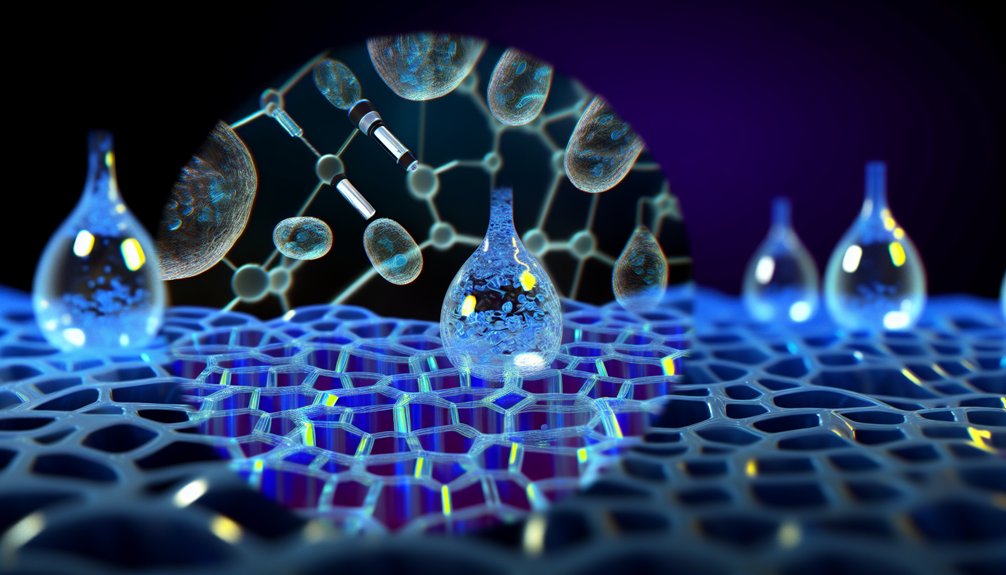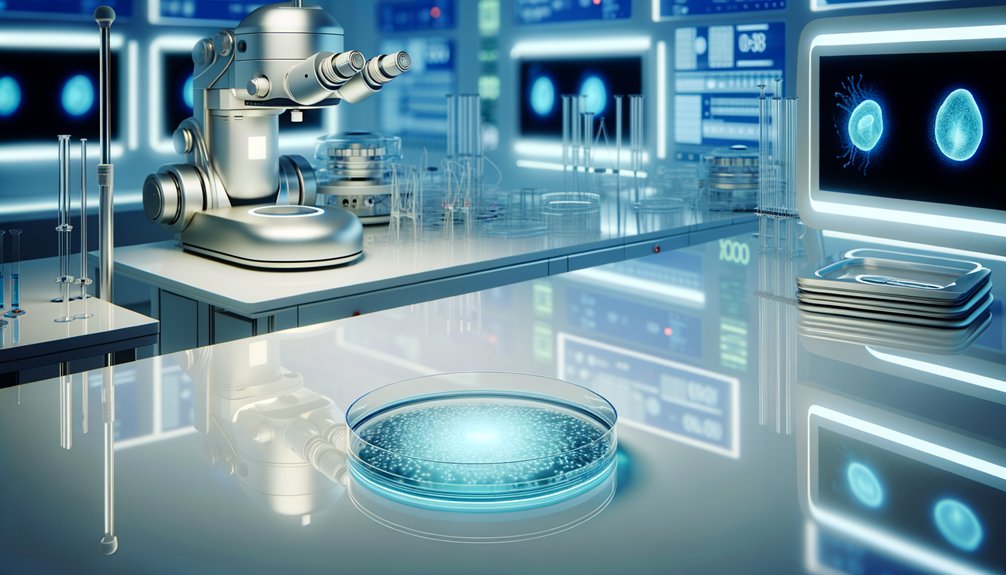Recent breakthroughs in Type 1 Diabetes (T1D) research bring hope to many. Innovative AI tools predict T1D up to a year ahead, allowing for earlier interventions. Stem cell therapies show promise, with cases like a young woman in China living insulin-free after treatment. Companies are racing to create insulin-producing cells that our bodies can accept. With each discovery, the dream of a life less burdened by diabetes feels closer. Exciting details await, revealing a future filled with possibility.

In a universe where the challenges of type 1 diabetes (T1D) often feel overwhelming, exciting advancements are emerging that offer hope and promise. Imagine a future where artificial intelligence can predict T1D before it even makes its entrance. AI tools are now capable of identifying the risk up to a year in advance, allowing doctors to intervene early and greatly reduce the chances of serious complications like diabetic ketoacidosis (DKA). This new technology is not just a fancy gadget; it’s a lifeline for many, outshining traditional methods in accuracy and effectiveness. Additionally, these AI tools detect early signs of T1D, significantly enhancing early intervention strategies.
Then there’s the miraculous domain of stem cell therapy. A remarkable case from China showcases a 25-year-old woman who was cured of T1D thanks to her own reprogrammed cells. She’s been free from insulin injections for over a year, a dream come true for anyone living with this condition. Clinical trials at Peking University are generating excitement, suggesting that this could become a broader reality for countless others. This breakthrough reflects the potential of islet cell transplantation as a viable treatment option for those living with T1D.
A groundbreaking case in China reveals the potential of stem cell therapy to cure type 1 diabetes, offering hope for many.
Mesenchymal stem cell (MSC) therapy is also making waves. Derived from adult tissues, MSCs can turn into insulin-producing cells and even help protect these cells from the immune attacks that characterize T1D. Early trials have shown promise, with some patients experiencing better blood sugar control and needing less insulin. This approach avoids the ethical issues surrounding embryonic stem cells, making it a more acceptable option for many. The Type 1 Diabetes Grand Challenge is accelerating research efforts worldwide to make these treatments more accessible.
Companies like Vertex Pharmaceuticals and Sana Biotechnology are pushing the boundaries of what’s possible in cell therapy. With ongoing trials focused on regenerating insulin-producing cells, there’s a tangible sense of progress toward functional cures rather than just symptom management.
Sana’s innovative technologies are even creating islets that can evade immune rejection, offering a glimpse of a future where insulin independence might not just be a wish.
In this landscape of hope, every new breakthrough feels like a step closer to a universe where T1D is no longer a burden but a challenge we’ve overcome together.
